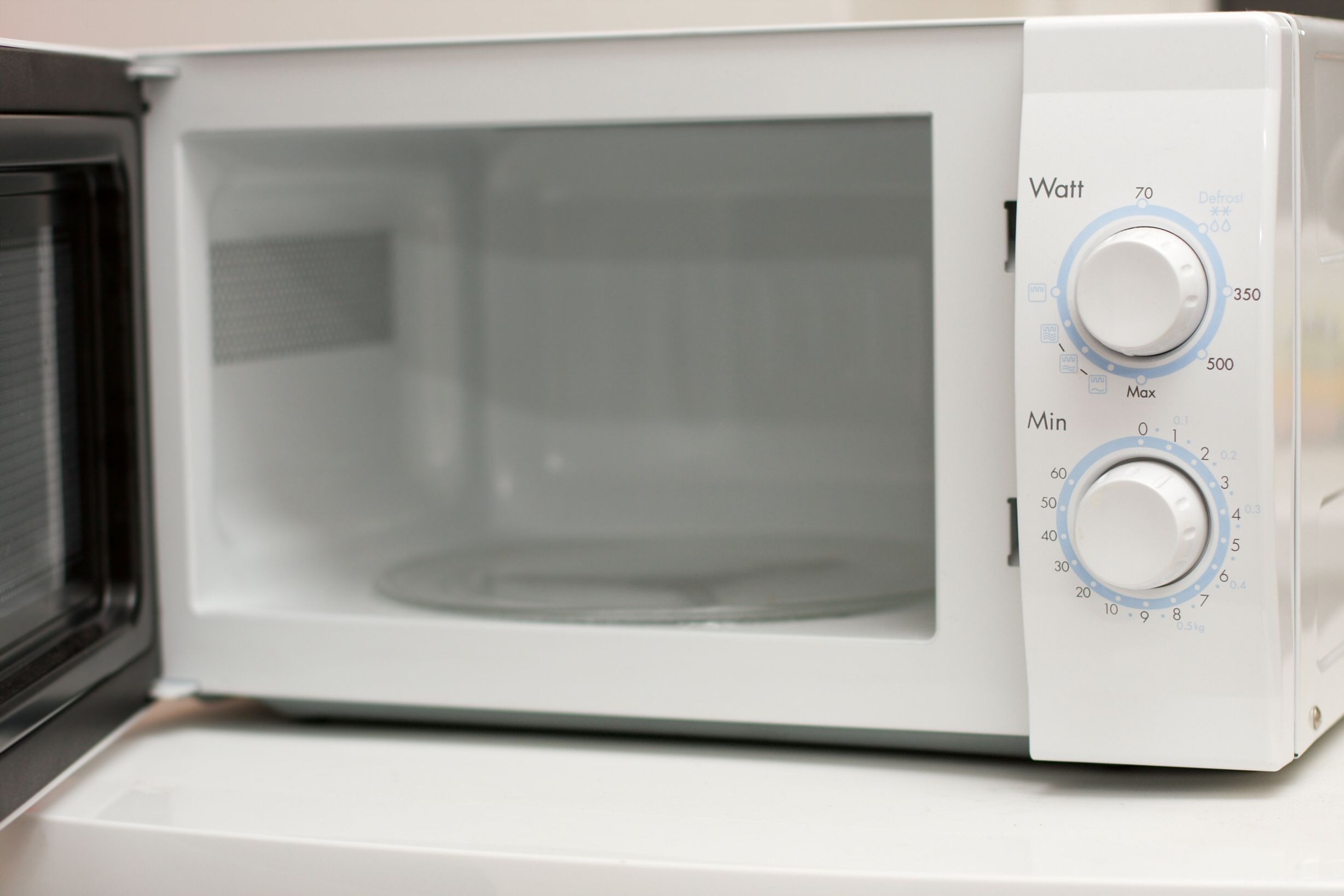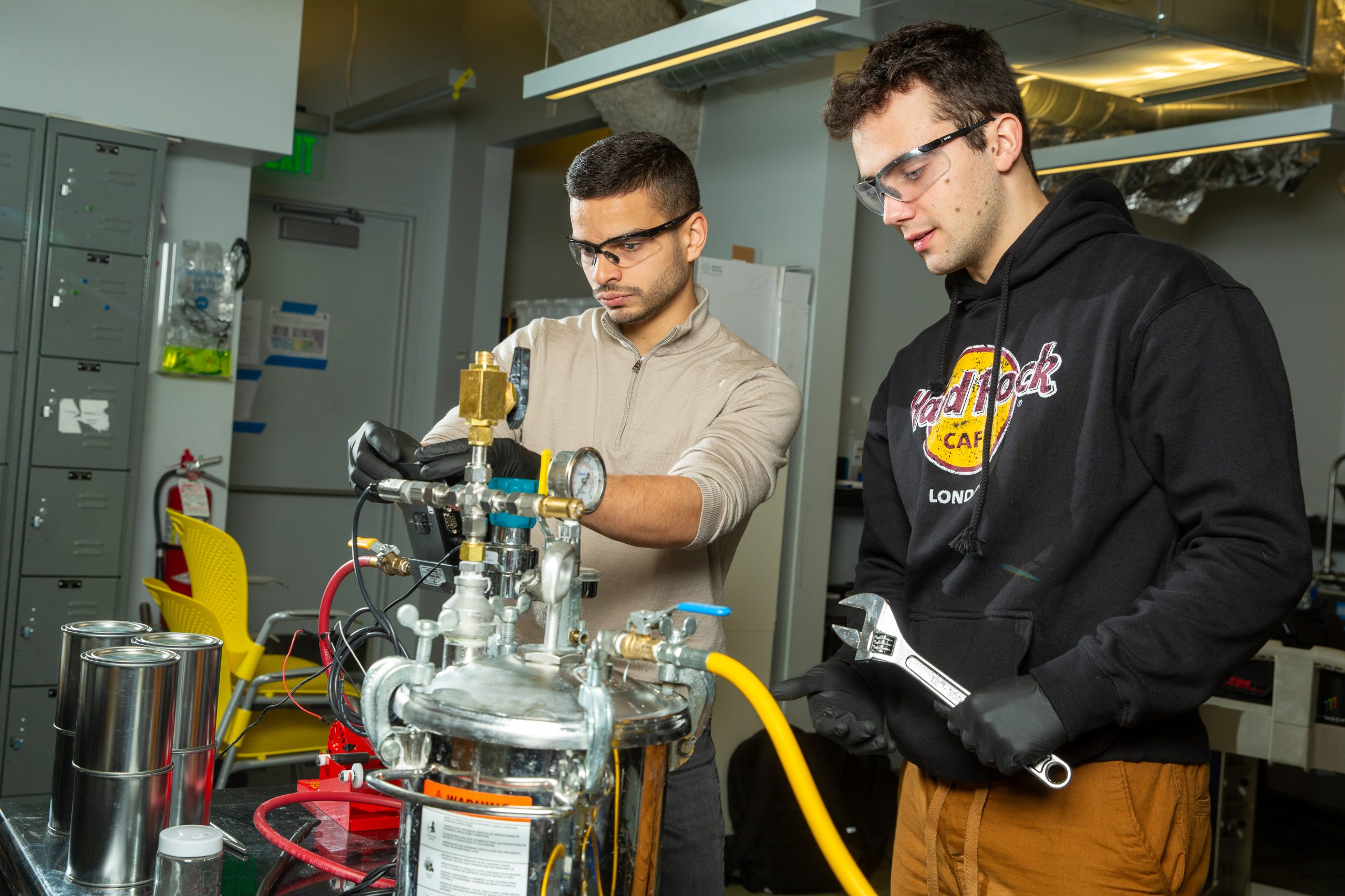Can basic income programs help people achieve a better standard of living and rise out of poverty? The jury is still out, mainly because we don’t have enough data to inform the jury. That’s why it’s great news that a massive basic income program featuring more than 50,000 participants is getting rolled out in the small Brazilian city of Maricá.
The recipients are set to receive a monthly basic income set at roughly three-quarters of the national poverty line, as part of a major new program to test basic income policies in the South American country. The benefit, called the Renda Básica de Cidadania (Citizens’ Basic Income), is worth 130 reais per person per month; per recent OECD data, that’s around US$64 a month. For context, the Brazilian poverty line is set at 178 reais a month, and the minimum monthly wage for a full-time job is 998 reais. A family of four, each getting 130 reais each per month, would wind up getting over half a minimum salary from the program.
In the last few years, there have been basic income initiatives everywhere from Stockton, California to Kenya to Finland too (abortively) Ontario. But the Maricá program stands out because it’s not a pilot program. Instead, it’s a policy being adopted across the municipality. Everyone who has lived in Maricá for at least three years, and with low-enough income to qualify (well above Brazil’s minimum wage), will get the benefit. As a consequence, the scale is considerably larger than those of pilot programs.
Another important aspect of this basic income program is that it’s indefinite and has a dedicated funding system—like a number of municipalities around Rio, Maricá gets a share of Brazil’s oil royalties, which will be used to fund the program. That means it has a stable funding stream and is not reliant on taxes, much like the Alaska Permanent Fund dividend that gives Alaskans a couple of thousand dollars each year.












